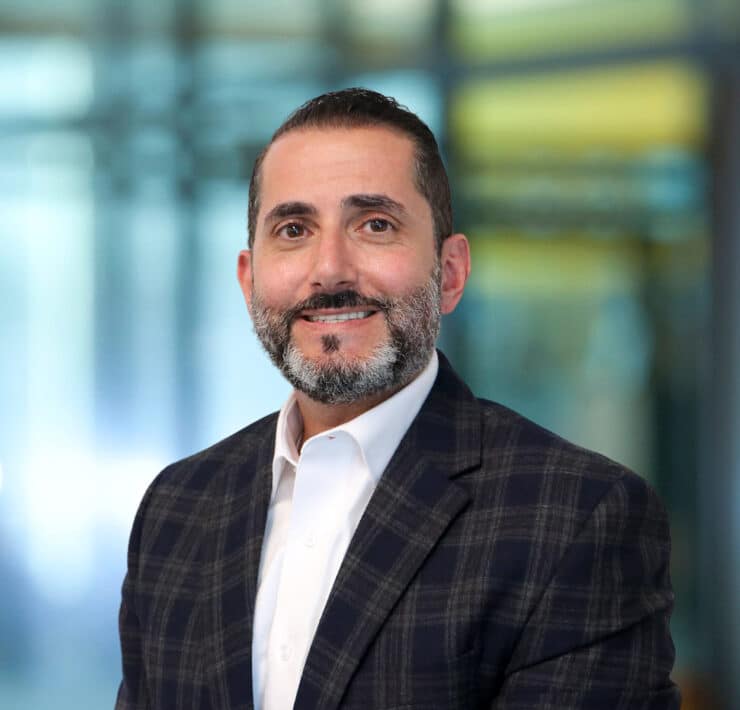
|
Getting your Trinity Audio player ready... |
At a glance, it might seem like the path to becoming a CFO is relatively straightforward. Earn an accounting or finance degree, secure leadership experience, pursue higher education, network with other finance leaders—these are some of the best-known, and most commonly recommended, steps on that path.
But as with everything else in business, the role of the CFO is changing. Finance experts interested in becoming CFOs must be aware not only of what companies need from such leaders today but what they’ll need from them five or ten years down the line.
Here are some of experts’ top tips for attaining—and thriving—in the role as CFO:
Boost Your Persuasive Abilities
Richard Harris spent nearly four years as CFO of the United Plastics Group before accepting a position as the company’s CEO. When he describes his journey to the CFO position, he doesn’t mention audits, internal controls, or countersign expenditures. For him, it was all about knowing how to talk to lenders, investors, and suppliers about why his employer was a good bet for their money. “It’s about instilling confidence with the money people, telling them how they’ll get a return on their investment,” he says.
In this global era, CFOs with foreign language skills will be at an advantage when it comes to such conversations. Harris put his own affinity for languages to work later in his career, teaching himself French so as to be better positioned to interact with executives when he spent four years in France as comptroller and later president of Guilford France.
Prioritize Soft Skills
The CFO holds a position of strategic leadership, says Bryan Lapidus, FPAC and director of the financial planning and analysis practice at the Association for Financial Professionals.
“I think the soft skills required to be CFO look a lot like those skills required at any leadership position: clear communication, strategic thinking, active listening, and an ability to motivate and delegate,” he says. “The entire C-suite should possess these, and the CFO does not get a pass on being a good manager because of the technical nature of finance.”
Don’t Try to Be an Expert in All Areas
According to Lapidus, CFOs are responsible for overseeing a number of different areas: accounting, treasury, financial planning and analysis (FP&A), taxes, procurement, payroll, risk management, auditing, and compliance reporting. In many companies, CFOs are given additional oversight of the general and administrative (G&A) functions of human resources, IT, or legal departments.
“That is a tremendous span of control, and it is hard to be an expert in all areas,” Lapidus says. “The necessary skill set is therefore leadership, management, and business, with a finance specialty. When the business needs to make a decision, they weigh input from different parts of the organization [to determine] strategy, risk, and ability to execute. The CFO [applies] methods for thinking through an uncertain future, quantifying thoughts and decisions anchored on capital management.”
Expect the Responsibilities—and Education Requirements—to Change
In his observations of the current research, Lapidus has noticed that, within the Fortune 500 and S&P 500, 44 percent of CFOs are certified public accountants, more than 60 percent have an MBA, and 10 percent have both.
But Lapidus expects those statistics will change over time, with certain tasks being reassigned to controllers and chief accounting officers and the role of the CFO changing as a result.
Stay on Top of Tech
Lapidus has seen many CFOs who are advancing and expanding their skill sets—but he’s also seen some who are lagging. In this day and age, he notes, staying on top of emerging technologies and capabilities is more of a necessity than an option.
“I have heard some horror stories about people bringing cots to work during the peak budget time because they are running ten-digit budgets from spreadsheets,” he says.
Cultivate a Knowledge of ESG
Many aspects of corporate leadership are changing, but one of the most profound—and fastest growing—is the increasing focus on environmental, social, and governance (ESG) practices and outcomes. Today’s CFOs must be able to evaluate and report on such efforts.
“Our research shows that ESG reporting is taking root in corporate finance faster than expected,” Lapidus says. Corporate commitments to making “impactful changes” rose from 10 percent of companies in 2019 to 35 percent in 2021.
Companies—and CFOs—will be held accountable for whatever commitments they make. Lapidus cites Larry Fink, CEO of the asset management firm BlackRock, who says that setting greenhouse gas reduction targets are now “critical to the long-term economic interests of shareholders.” BlackRock strongly backs the Task Force on Climate-Related Financial Disclosures, which was created by the Financial Stability Board to help companies and their stakeholders—shareholders, lenders, investors, and insurance underwriters—get accurate and timely disclosures relative to climate change risk.







